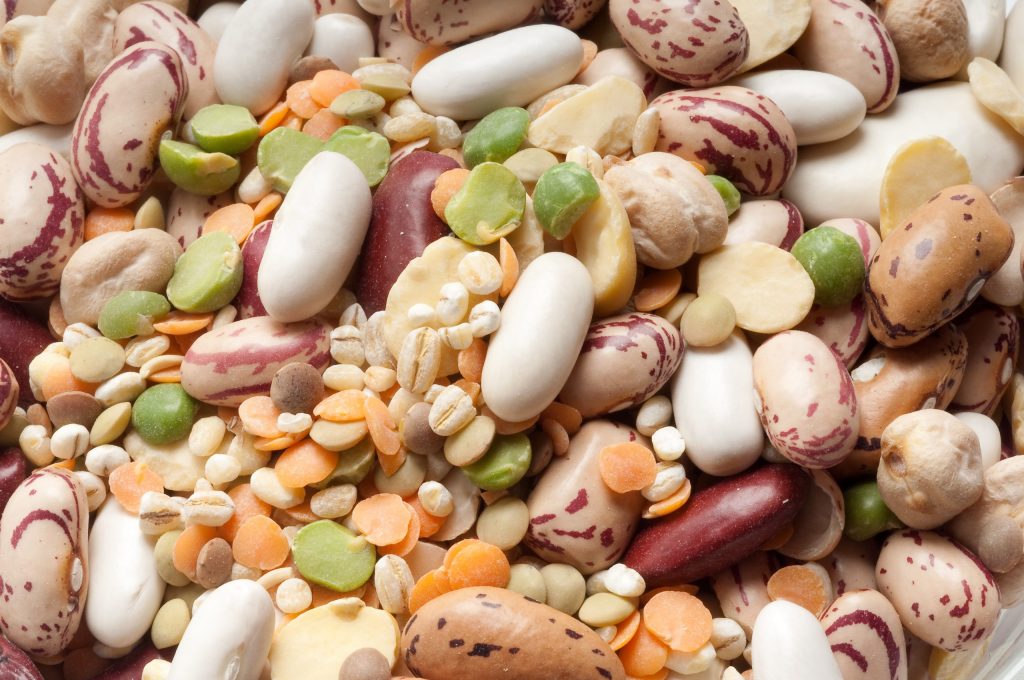Denmark already has a dedicated strategy for promoting plant-based foods

Image courtesy of the Smart Protein Project.
The EU must devise new ways to channel the huge funds of the Common Agricultural Policy (CAP) away from emissions-intensive animal agriculture into climate-friendly food production, a conference in Berlin has heard.
The call was made at the Smart Protein Closing Conference, which was held on 24 May and celebrated the end of the long-running EU-funded Smart Protein research project, focused exclusively on the plant-based food market.
One of the biggest findings of the Smart Protein Project was that most Europeans are now actively reducing their meat consumption and for a variety of reasons, including health, environmental and animal welfare factors. The Smart Protein project also carried out a “deep dive” into consumers’ attitudes towards plant-based diets in nine European countries.
At the Berlin closing conference, participants heard how 80% of the EU’s Common Agriculture Policy (CAP) is supporting emissions-intensive animal agriculture (1).
But the amount allocated to support plant-based food products remains marginal, even though Europe’s Farm-to-Fork Food strategy demands that more food is produced from plants, and on European soil.
Participants were told that the EU needs an action plan on plant-based food like the one introduced by the Danish government late last year.
The Danish action plan covers a range of areas for promoting plant-based foods, such as increasing consumption in public sector kitchens, education of professionals, export activities, production and processing, agricultural raw materials, and research and development.
Delegates also heard that the EU needs to be promoting staple crops in southern Europe, such as chickpeas, beans and lentils. The Smart Protein project is already encouraging farmers to grow protein-rich crops for human consumption. European production of soya has greater potential as an ingredient in plant-based foods, but also has a negative image that needs to be overcome, the conference was told.
Other areas covered at the conference
As well as policy issues, the Smart Protein Closing Conference also featured presentations on the following subjects:
-
- Advancing Regenerative Organic Farming of Protein Crops in Europe;
- Ingredients and Plant Protein (Bio)Processing and Innovative Applications;
- Follow a Fava Bean Journey – From Farm to Fork;
- Tempeh Powder Production from Different Substrates; and
- Protein Diversification and in National Dietary Guidelines – Gaps and Opportunities
ENDS
Footnotes:
- Kortleve, A. J., J. M. Mogollón, H. Harwatt et al. (2024): Over 80% of the European Union’s Common Agricultural Policy supports emissions-intensive animal products. In: Nature Food 5(4), 288–292. Doi:10.1038/s43016-024-00949-4
Notes to Editors
For media inquiries, email Peter Rixon at media@proveg.org
About ProVeg International
ProVeg International is a food awareness organisation with the mission to replace 50% of animal products globally with plant-based and cultivated foods by 2040. Our vision is a world where everyone chooses delicious and healthy food that is good for all humans, animals, and our planet.
About the Smart Protein Project
The Smart Protein Project, funded by the European Union’s Horizon 2020 research and innovation programme, is a four-year project spanning more than 20 countries and 33 partners. It aims to develop alternative protein ingredients and products for humans which have a positive impact on bio-economy, environment, biodiversity, nutrition, food security and consumer trust and acceptance.
